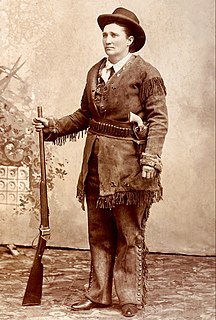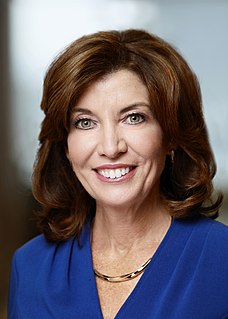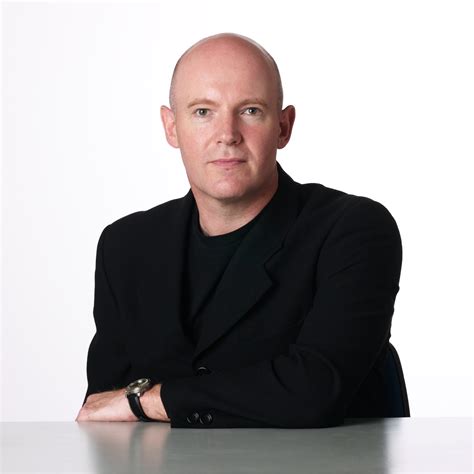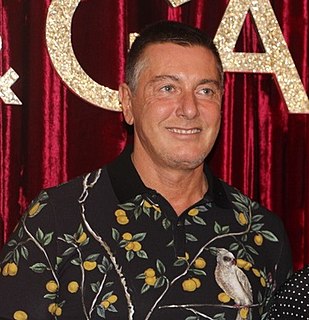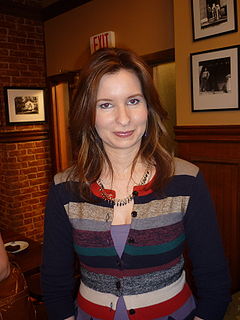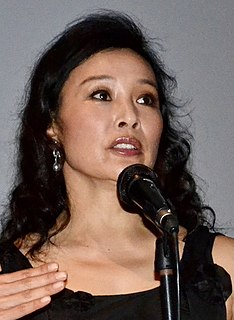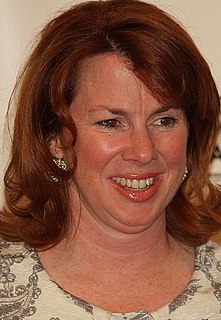A Quote by Calamity Jane
On October 28th, 1887, I became the mother of a girl baby, the very image of its father, at least that is what he said, but who has the temper of its mother.
Related Quotes
Other people--grandparents, sisters and brothers, the mother's best friend, the next-door neighbor--get to be familiar to the baby. If the mother communicates her trust in these people, the baby will regard them as delicious novelties. Anybody the mother trusts whom the baby sees often enough partakes a bit of the presence of the mother.
My mother saw her mother... her father walked out when they were very young and it was a lot of, I'd say more verbal abuse than physical, but it was the same. And my mother, back in the 70s, became an advocate for victims of domestic violence way before anybody in the Legislature was talking about it.
We're very enthused about the idea that in the third trimester we actually give the mother a vaccine and her antibodies, the protective things that the immune system makes, actually pass through to the baby, both when the baby is born, and through the mother's milk. Because the baby's immune system is actually not very strong for that first few months, using the mother's immune system to do this - it's a very exciting idea and something that we're investing heavily in.
The great constructive energies of the child ... have hitherto been concealed beneath an accumulation of ideas concerning motherhood. We used to say it was the mother who formed the child; for it is she who teaches him to walk, talk, and so on. But none of this is really done by the mother. It is an achievement of the child. What the mother brings forth is the baby, but it is the baby who produces the man. Should the mother die, the baby still grows up and completes his work of making the man.
From the moment of birth, when the Stone-Age baby confronts the twentieth-century mother, the baby is subjected to these forces of violence called love, as its father and mother and their parents and their parents before them, have been. These forces are mainly concerned with destroying most of its potential.
My father died when I was 10; my sister got polio a couple of years later and was paralyzed. So there I was - my sister in a wheel chair, my father gone, and my mother a quiet little mouse. You see, it was the '30s in the South, so my mother was not prepared to cope. So I was scared to death. And being that scared, everything afterward became a struggle not to go down the drain. Struggling became a way of life for me.
